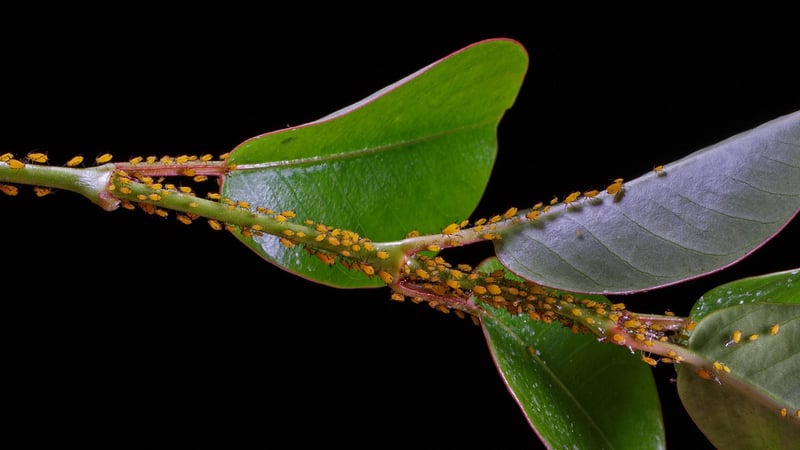Preventing Infestations
Protecting Your Plants from Pests and Preventing Infestations
As a plant lover, keeping your green friends safe from pests is crucial to ensure their health and longevity. Whether you are a seasoned gardener or just starting with indoor plants, understanding how to protect your plants from pests and prevent infestations is essential.
Identifying Common Plant Pests
Before you can effectively protect your plants, it's essential to know the common pests that can harm them. Some of the most typical plant pests include aphids, spider mites, mealybugs, and fungus gnats. These pests can cause damage by feeding on plant tissue, sucking sap, and transmitting diseases.
Methods to Protect Your Plants
1. Regular Inspections:
Inspect your plants regularly to catch pest problems early. Look for signs of infestation such as yellowing leaves, sticky residue, holes in leaves, or webbing.
2. Natural Predators:
Encourage natural predators like ladybugs, lacewings, and predatory mites in your garden. These beneficial insects can help control pest populations naturally.
3. Neem Oil:
Use neem oil as a natural insecticide. Neem oil is effective against a wide range of common plant pests and is safe to use on most plants.
4. Horticultural Oils:
Horticultural oils can suffocate pests like spider mites and scale insects. Make sure to follow the instructions on the product label for safe application.
Preventing Infestations
1. Quarantine New Plants:
Before introducing a new plant to your collection, quarantine it for a few weeks to ensure it is pest-free. This can prevent the spread of pests to your other plants.
2. Maintain Plant Health:
Healthy plants are less susceptible to pest infestations. Provide proper light, water, and nutrients to keep your plants strong and resilient.
3. Cleanliness:
Keep your gardening tools and pots clean to prevent the transfer of pests. Remove dead leaves and debris from the soil surface where pests can hide.
4. Proper Watering:
Avoid overwatering your plants as it can create a humid environment that attracts pests like fungus gnats. Water your plants only when the top inch of soil is dry.
Conclusion
By being proactive and taking preventive measures, you can protect your plants from pests and keep them healthy and thriving. Remember to monitor your plants regularly, use natural remedies when possible, and create a healthy environment to prevent infestations.

Protecting your plants from pests is an ongoing process, but with care and attention, you can enjoy a beautiful and pest-free indoor or outdoor garden.
References: The Spruce - Controlling Common Houseplant Pests
